However, do you know the most important blood tests you can get? Today, we’ll walk you through the top seven essential blood tests.
#1 A Complete Blood Count
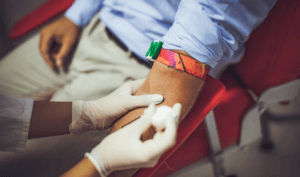
A full blood count test is usually part of your routine annual medical or health checks. It will measure the levels of 10 components of every major cell in your blood: white blood cells, red blood cells, and platelets.
Some of the most critical components that a complete blood count test measures include your red blood cell count, haemoglobin and hematocrit.
#2 Cholesterol Blood Test or Lipid Panel
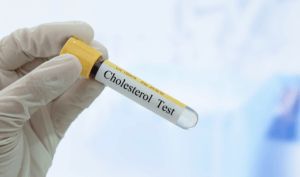
As many people know, high cholesterol can be extremely dangerous but often can have no visible signs or symptoms.
A complete cholesterol blood test is usually recommended to determine whether the cholesterol levels in your blood are elevated and to gauge how at risk of heart disease and heart attacks you may be.
#3 Food Intolerance Blood Tests
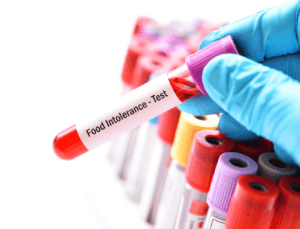
The rise of Food Intolerance Blood Tests is being seen worldwide, as many people realise they may be reacting to the food they regularly eat.
Accurate testing is vital to highlight which foods the patient is intolerant to, and you may find you need to have a few blood tests to detect and analyse your food intolerances.
Some symptoms of food intolerances include:
- Nausea
- Stomach pain
- Gas, cramps or bloating
- Vomiting
- Heartburn
- Diarrhoea
- Headaches
- Irritability or nervousness
Detecting the food that could be causing this problem through a Food Intolerance Blood Test could help eliminate these symptoms from your daily life.
#4 Kidney Function Test

This blood test provides vital information on your renal function and can help diagnose acute kidney injury and help create an effective pain and symptom management plan.
A kidney function blood test also provides helpful information about several aspects of your health, including blood volume and pH, along with measuring your glomerular filtration rate (GFR), which assesses how efficiently your kidneys clear waste from your system. GFR is commonly referred to as the gold standard marker of kidney health.
Routine kidney function is one of the most frequently performed blood tests. A kidney function blood test may be recommended for any of the following reasons:
- As part of a general health assessment
- If you have suspected dehydration
- If you are suspected of having kidney failure
- Before & after starting treatment with a particular medicine, because some medications can cause kidney damage as a side effect.
#5 Pregnancy Serum HCG Blood Test

The Pregnancy Serum HCG Blood Test detects small amounts of HCG (the hormone Human Chorionic Gonadotrophin), which can determine a positive or negative result significantly earlier than a urine test sooner than a missed period. These tests are approximately 99% accurate, unlike at-home urine tests.
These blood tests work by detecting the presence of beta HCG, which starts being produced as early as six days after fertilisation. Thus, they can see a pregnancy ahead of a missed period.
A Pregnancy Serum HCG Blood Test can also detect how far along a pregnancy is, as hCG levels generally double every 72 hours.
An hCG level of less than 5 mIU/mL is considered negative, and anything above 25 mIU/mL is considered positive in pregnancy.
In addition to testing for pregnancy, a Pregnancy Serum HCG blood test can detect twin pregnancies and diagnose abnormal pregnancies, such as ectopic pregnancy, molar pregnancy, and possible miscarriages.
#6 A basic metabolic panel
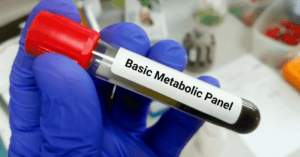
- Calcium
- Glucose
- Sodium
- Potassium
- Bicarbonate
- Chloride
- Blood Urea Nitrogen (Bun)
- Creatinine
Your healthcare provider may ask you to prepare for this test by fasting for 8 hours before your blood is drawn. This will depend on what components the basic metabolic panel is measuring.
If your basic metabolic blood test reveals abnormal results, this could indicate several conditions, including kidney disease, diabetes or hormonal imbalances. Follow-up tests would be required for your doctor to confirm a diagnosis accurately.
#7 A Comprehensive metabolic panel
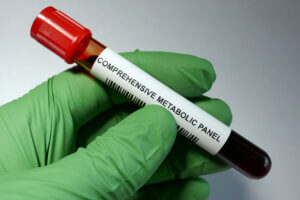
- Albumin
- Total Protein
- Alkaline Phosphatase (Alp) is an enzyme primarily found in the bones and liver that involves several bodily processes.
- Alanine Aminotransferase (Alt), an enzyme found in the liver
- Aspartate Aminotransferase (Ast), an enzyme found in the liver and other tissues within the body
- Bilirubin is waste resulting from the breakdown of red blood cells that the liver filters out
While the same conclusions can be drawn from a comprehensive metabolic panel as would have been removed from a basic metabolic panel, other abnormal results could indicate underlying conditions, including:
- (Mono) Pancreatitis
- Abnormal Red Blood Cell Destruction (Hemolysis)
- Adverse Medication Reactions
- Bile Duct Blockage
- Bone Metabolism Disorders
- Cirrhosis
- Gallbladder Inflammation
- Gallstones
- Gilbert’s Syndrome
- Heart Conditions
- Heart Surgery
- Hepatitis
- Liver Cancer
- Liver Damage Considered Normal
- Malnourishment
- Mononucleosis
- Paget’s Disease
- Zinc Deficiency.
Why should you know about these 7 essential blood tests?
When it comes to your health, it’s always important to be armed with knowledge and information that can help you determine what you may need to get tested, what could be cause for concern and when you should get tested for something.
These seven top blood tests should be kept in your arsenal of information, so should you ever find yourself needing a test, or if you have something causing you concern, you know exactly how, when and where to get one!
These are not the only blood tests available by far, have a look at our comprehensive list of blood tests and get in contact with us if you’d like to book your appointment.


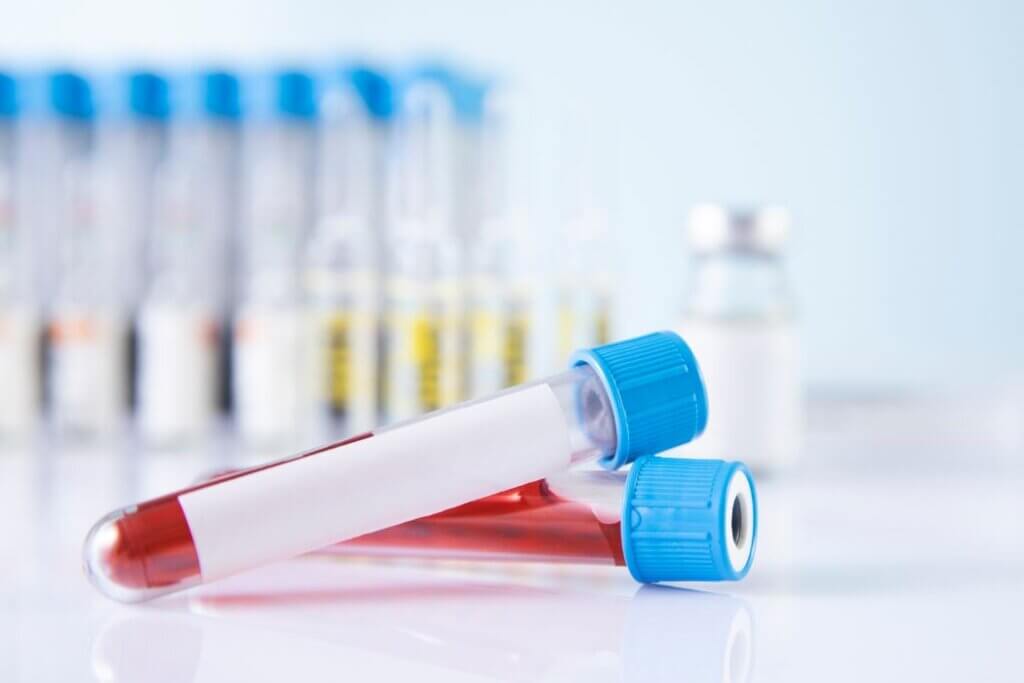










I believe that regular blood testing is one of the most effective ways to keep track of your overall physical well-being.
Having this information available has been incredibly reassuring. Knowing which blood tests are available and when I should get them has made me feel more in control of my health.
Loved this blog! It explains blood tests in such a simple and informative way. I never realised how important they were until I got tested and found a vitamin deficiency. Now, I make regular testing a priority.